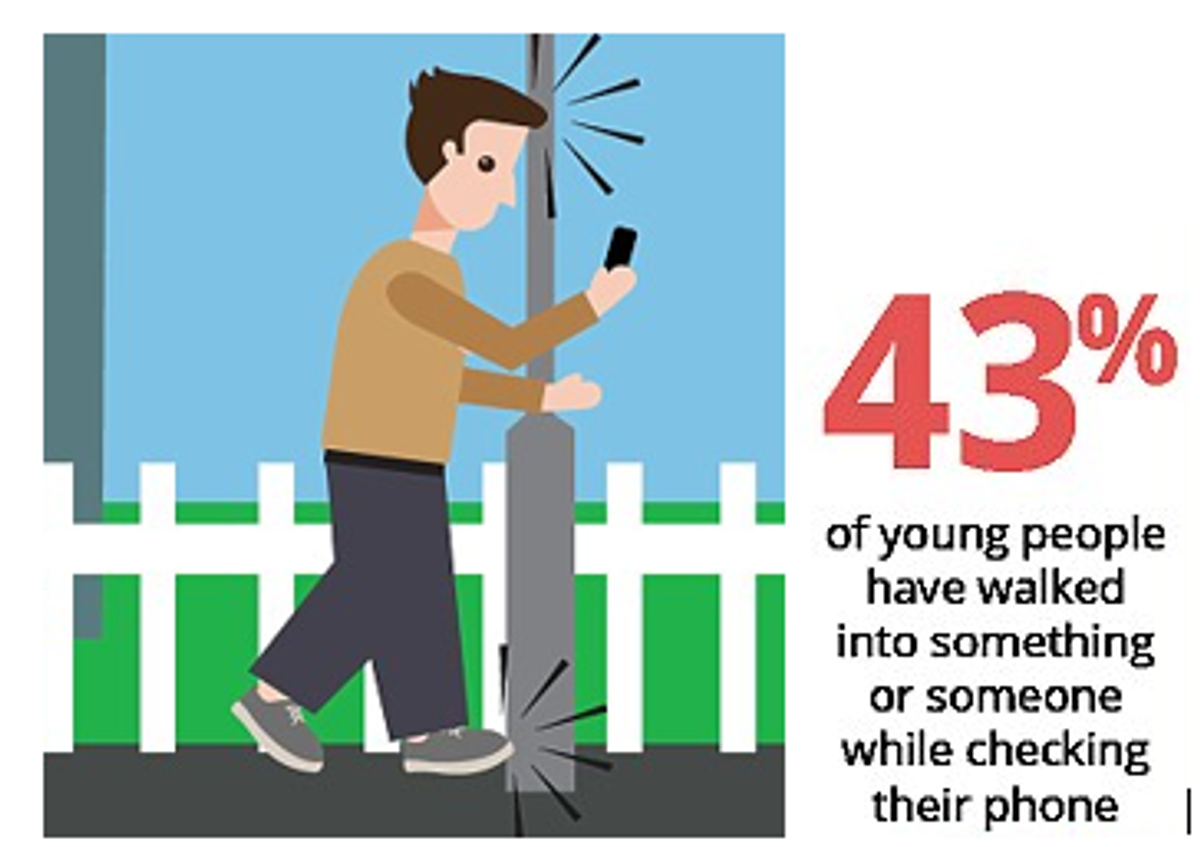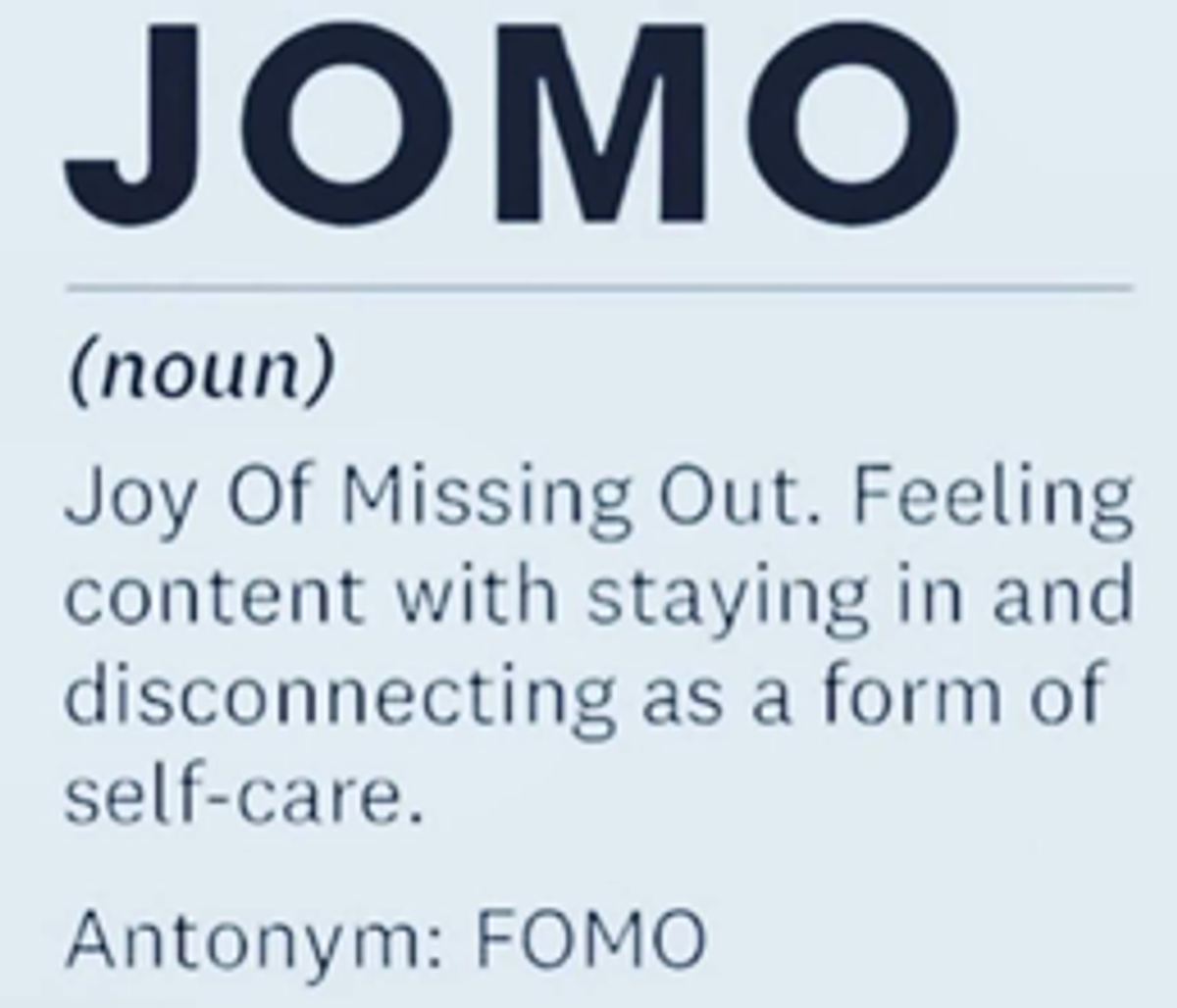Counsellor & Well being News

As with all technology, mobile phones can have their pros and cons, depending on how they are used. At their best, they can be useful tools for staying in touch, finding out new information and co-ordinating social activities. But what happens at their worst? Here are some reasons to put your phone away.
Reduced concentration
Excessive mobile phone use leads to poor concentration. Having your phone out whilst doing homework or revision can make students perform 20% worse. One study concluded that the mere presence of a cell phone may be sufficiently distracting too.
It is also a myth that most people can multitask. In truth, it takes up a lot of time, energy, effort and focus to switch between two tasks.
Reduced face-to face, quality communication
In a very interesting study, researchers asked strangers to talk to each other for 10 minutes. Half the participants had the conversation with their mobile phones on the table; the other half had a notebook instead. The results? Those who chatted in sight of their mobile phone said they were less likely to be friends with their partner and reported feeling less close to them. What was particularly interesting was that the participants were not aware of the effect that having their mobile phone out had on them. Mobile phones can affect the quality of face-to-face communication even if you don’t consciously know it.
This is an actual photo I took recently (excuse my son’s head in the corner J). A group of friends out for brunch and everyone at the table was on their phone, not engaging at all and not looking happy either. Very sad sight to witness.
Increased FOMO
The fear of missing out (FOMO) is a very big driver in mobile phone addiction in teenagers. It is characterised by the compulsive need to know what everyone is doing, feeling that you need to be there for friends 24hrs a day if they reach out and worrying that they are having more fun. Mobile phones can be a dangerous vehicle for those with high FOMO. These students are more likely to experience lower overall quality in their mood, have increased anxiety, and are more likely to check their phones and social media during lessons or study time.
Reduces memory
Phone messages and notifications are distracting and disrupt tasks, such as studying, causing goals of the tasks to be forgotten. This is apparent to anyone watching a student revising or doing their homework with their phone next to them. A different school of thought suggests that a reduction in memory may be due to the waves emitted by mobile phones. This would explain why participants in this study who used mobile phones excessively had slower response times in memory tasks. A recent study found that banning phones at schools improved student performance and the effect was more pronounced for struggling students.
Warps view on reality
Social media presents a distorted view on reality. No-one is as happy as they seem. By nature, we then compare our lives to these false realities. This comparison to others can be stressful, promoting a fear of failure.
Disrupted sleep
Using your mobile phone too much in the evening can lead to going to bed later, getting less overall sleep and lower quality sleep.
Why does being on your mobile phone affect your sleep? The sleep hormone, melatonin typically gets released at around 9pm at night. However, the bright backlight on a mobile phone can trick your brain into thinking it’ is still day, which in turn suppresses the release of melatonin. This means being on your phone late at night still keeps your brain awake and alert at the exact time you want to be feeling relaxed and sleepy.
Increased procrastination
Procrastination is extremely common among students. In my experience, if you were to ask a group of teenagers what they do when they are procrastinating, the common answers tend to involve their phone; texting, social media, games and shopping.
Mobile phones might not turn students into procrastinators, but they can certainly act as a vehicle for their procrastination.
Negative effects on mental health
Being over-reliant on a mobile phone can be bad for a person’s psychological health. Excessive use of mobile phones has been associated with increased anxiety, depression, irritation, frustration, feelings of loneliness, low self esteem and impatience. A study on young people and mobile phones found that 60% reported that they felt very agitated when they could not access their phone.
These potential negative consequences are especially important to consider for teenagers as their brains work differently to adults and can be more susceptible to peer pressure and have less self control.
BANNING OR MANAGING MOBILE PHONES?
It is not the case that drastic measures need to be taken. Instead, setting up some simple ground rules could help reduce the negative effects associated with excessive phone use.
Here are some ideas….
- Put your phone in another room during meal times
- Have a set time each day where your phone is not easily accessible (for example, giving it to a trusted family member or friend to look after)
- Download an app that helps limit screen time
- Limit your notifications in your phone settings so you control what with and when your phone notifies you
- Practice what you preach. Get into the habit of managing your own mobile phone usage.
- Encourage students to put their phone away during homework
- It is best not to be on your phone just prior to bedtime.
- Accept social media for what it is. No-one is as happy as they seem. Help students understand that people often project a false representation of themselves online. Encourage them not to spend too much time comparing themselves to others
- Explain the myth of multitasking. Demonstrate that when a person tries to do two things at once there is often a drop in either accuracy or speed. This can lead on to a discussion about the kind of things that distract them while doing their homework.
FINAL THOUGHT
Let’s swap FOMO for JOMO and improve our relationships, interactions with others, health and sleep quality
Karen Surian, School Counsel
- Self-control can be hard.
An Evening with Dr Michael Carr-Gregg
An exciting opportunity to hear one of Marian Catholic College School TV's specialist contributors speak in Griffith!






